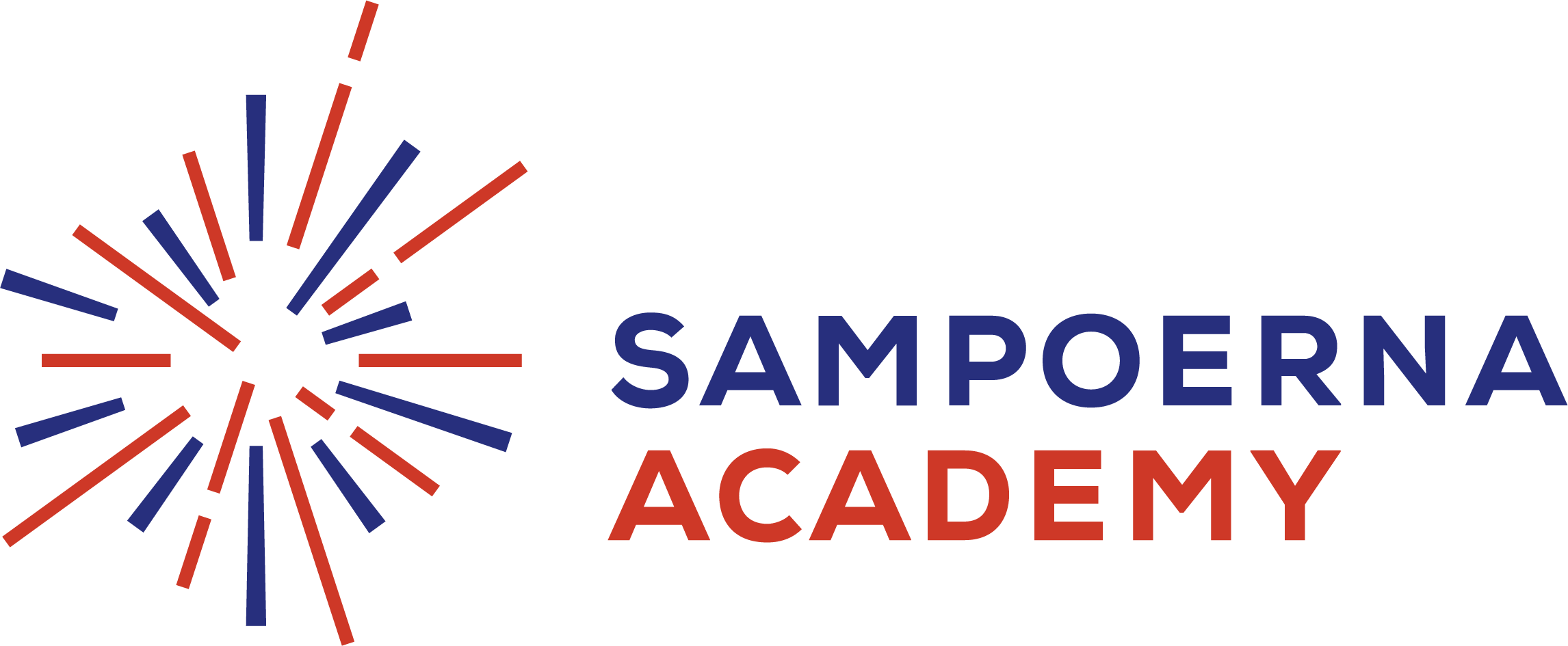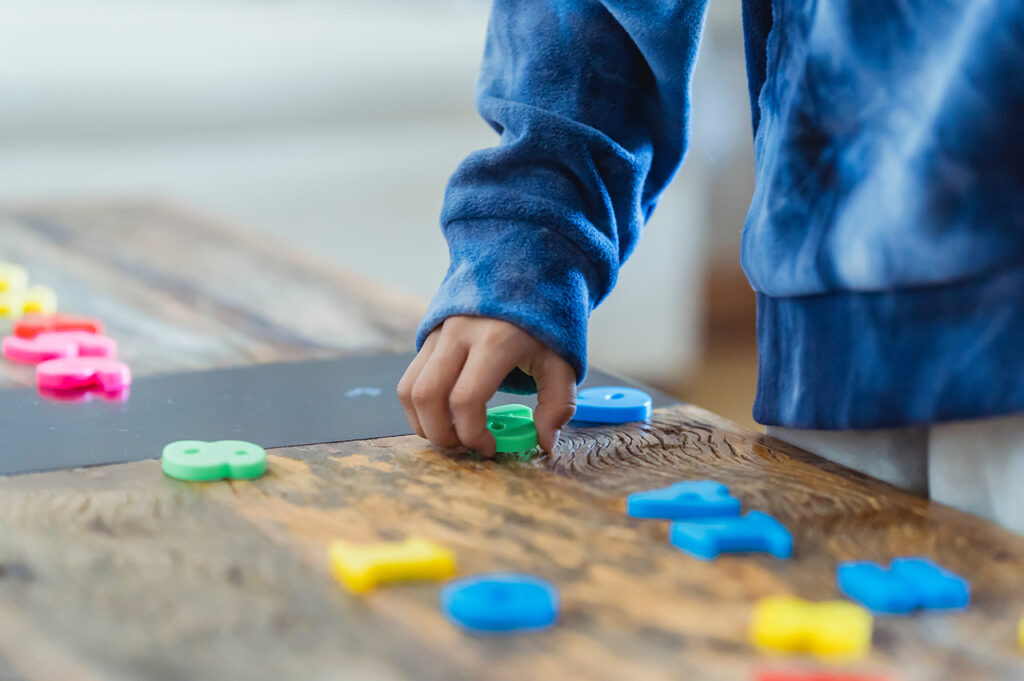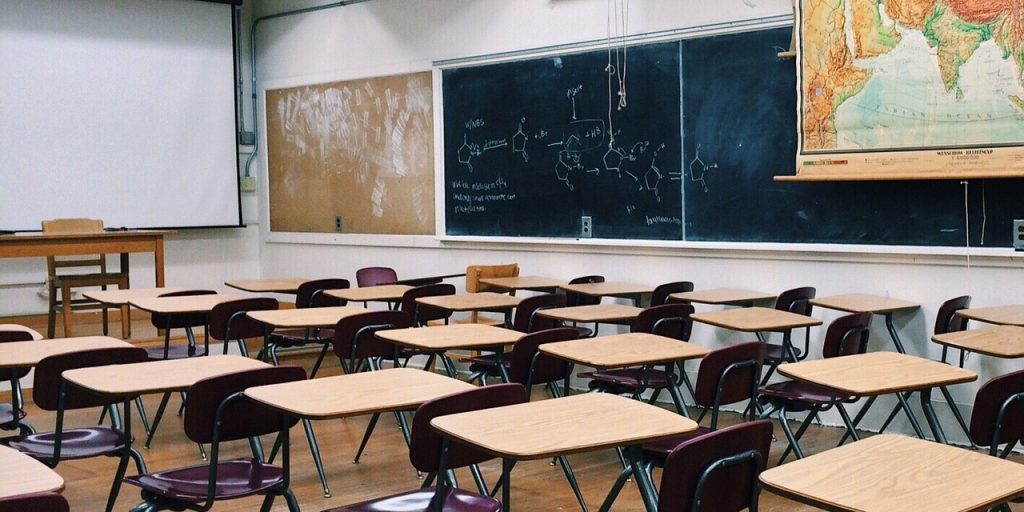Numeracy is vital in the primary school curriculum as it equips young learners with essential mathematical skills and knowledge. In primary school, numeracy focuses on developing a solid foundation in mathematics, encompassing various areas such as numbers, operations, geometry, measurement, and problem-solving. Students engage in activities that promote numerical understanding, computational fluency, logical reasoning, and critical thinking.
The Difference Between Mathematics and Numeracy
Numeracy and mathematics are related concepts but differ in scope and focus.
Mathematics is a broader academic discipline encompassing many concepts, theories, and principles. It systematically studies abstract structures, patterns, relationships, and logical reasoning. Mathematics explores various branches such as arithmetic, algebra, geometry, statistics, calculus, etc. It involves the study of mathematical properties, theorems, formulas, and problem-solving strategies. Mathematics delves into theoretical aspects, abstract concepts, and rigorous proofs, extending beyond the practical applications of numeracy.
Numeracy is the practical, everyday application of mathematical skills and concepts in real-life situations. It encompasses the ability to understand, use, and interpret numbers, measurements, and mathematical information to make informed decisions and solve problems. Numeracy skills are essential for functioning effectively in society, including managing personal finances, interpreting data from charts or graphs, understanding probabilities, and making calculations relevant to daily life. Numeracy emphasizes the practical application of mathematical knowledge and skills rather than the theoretical aspects.
In summary, numeracy focuses on the practical use of mathematical skills and concepts in everyday life. At the same time, mathematics is a broader academic discipline encompassing abstract structures, theories, and principles. Numeracy is about applying mathematical knowledge in real-world situations, while mathematics involves exploring mathematical concepts and their underlying ideas.
Basic Numeracy Skills for Children
In the early stages, numeracy introduces children to numbers and counting, allowing them to comprehend the concept of quantity and establish number sense. They learn to recognize and write numerals and compare and order them. Through hands-on experiences and interactive tasks, students explore fundamental mathematical operations like addition, subtraction, multiplication, and division. They develop strategies to solve arithmetic problems, understand essential mathematical relationships, and develop mental math skills.
Geometry plays a significant role in numeracy, encouraging students to observe and analyze shapes, sizes, and spatial relationships. They learn about two-dimensional and three-dimensional figures, practice drawing and constructing forms, and explore concepts like symmetry and transformations. Measurement is another critical aspect of numeracy, where students explore attributes such as length, weight, time, and capacity. They learn to use appropriate tools and units of measurement, interpret data presented in graphs and tables, and solve measurement-related problems.
Problem-solving forms a core component of numeracy, promoting the application of mathematical concepts and skills to real-life situations. Students are encouraged to identify problems, devise strategies, and analyze different approaches to finding solutions. They develop critical thinking skills, logical reasoning, and the ability to communicate their mathematical thinking effectively.
Throughout primary school, numeracy is taught through teacher-led instruction, interactive activities, group work, and hands-on experiences. It aims to foster a positive attitude towards mathematics, encourage perseverance, and build confidence in students’ mathematical abilities. Numeracy empowers young learners with the foundational mathematical skills required for their future academic and everyday life, preparing them for further mathematical exploration in higher grades.
Sampoerna Academy BSD
Sampoerna Academy BSD philosophy encourages students to inquire, explore, innovate, and communicate, providing vital skills required for leadership in Indonesia and abroad. Coupled with internationally-recognized academic credentials, we are equipping our students to compete and succeed at every stage of life. With the advent of the information age available at our fingertips, our job as a school is to teach our students “to learn how to learn.”
Sampoerna Academy BSD primary school offers a tailored international curriculum that includes numeracy education. The school uses the IEYC, Cambridge, and IBDP curricula to provide students with a well-rounded education that prepares them for leadership roles in a global society.
In Sampoerna Academy BSD, numeracy education aims to provide students with a solid understanding of numbers, operations, measurement, geometry, and data handling. Students engage in various activities that promote conceptual understanding, computational fluency, and the application of mathematical knowledge in real-life situations. Numeracy education builds students’ confidence in mathematics and fosters a positive attitude.
Numeracy instruction in Sampoerna Academy BSD primary schools incorporates hands-on activities, group work, and real-world examples to make the learning experience more interactive and engaging. Students learn to count, read, and write numbers and perform basic arithmetic operations like addition, subtraction, multiplication, and division. They develop strategies to solve mathematical problems and engage in critical thinking and logical reasoning.
If you want your child to have a strong foundation in numerical skills, Sampoerna Academy BSD is the perfect place to start. Join us and allow your child to learn and grow in an environment that fosters academic excellence and personal growth. Immediately register to take part in admitting new students for the 2023-2024 academic year here. Our Recruitment Team will contact you soon to provide more detailed information.
Download Sampoerna Academy Booklet for Free!





